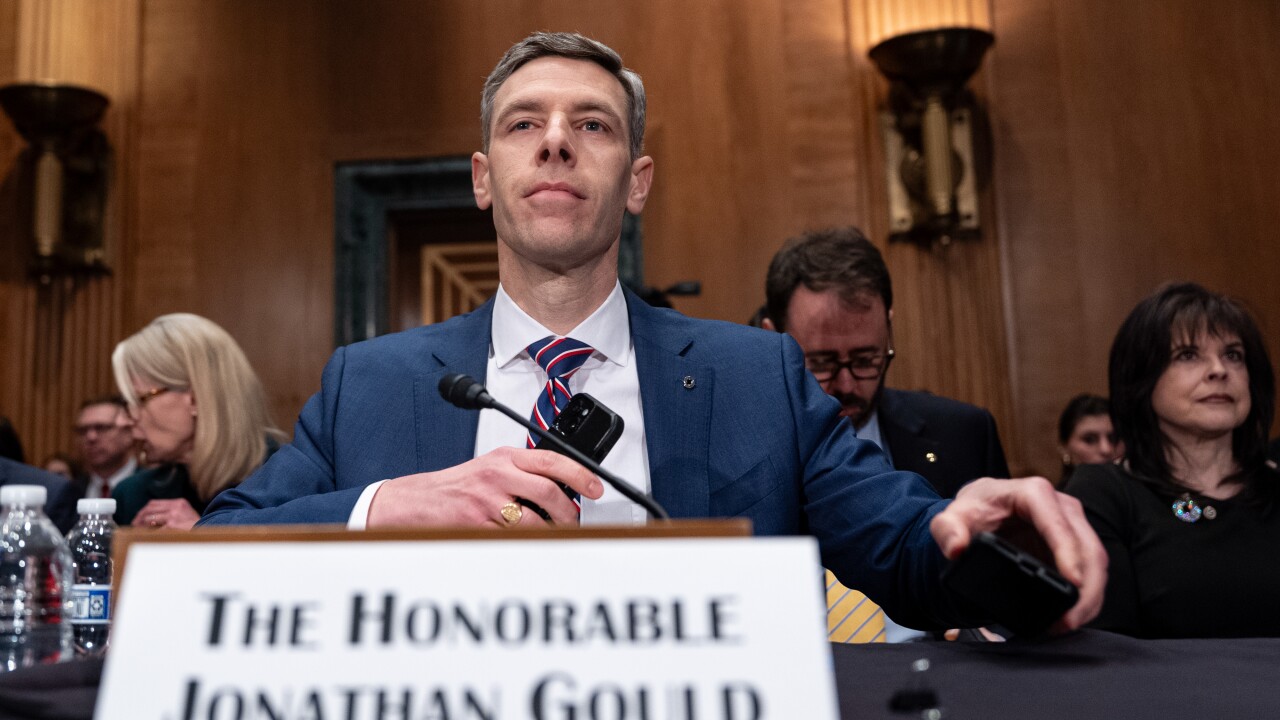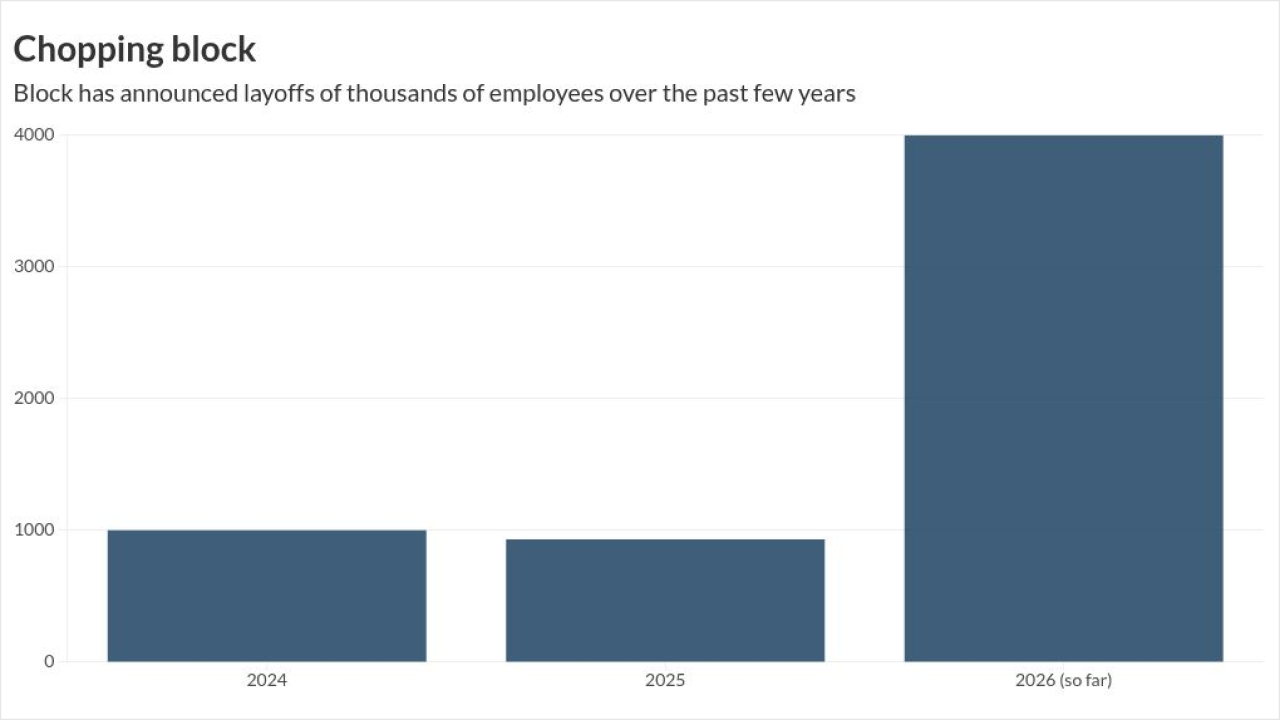Recently, the five financial regulators responsible for implementing the Volcker Rule issued a
The changes would narrow definitions, expand certain exemptions and significantly reduce the requirements for banks to demonstrate compliance — giving them more leeway to engage in highly risky and conflicted activities. It is particularly dangerous to introduce more risk into the banking system at a time when
The Volcker Rule — Section 619 of the Dodd-Frank Act — prohibits banks and their affiliates from engaging in proprietary trading and owning, investing or sponsoring hedge funds and private equity funds. The Volcker Rule also sets limits on these activities for systemically important nonbank financial companies. Proprietary trading, in which a firm trades financial instruments for its own profit, can lead to massive and rapid losses. During the 2007-2008 financial crisis, banks suffered
Banks with access to the federal safety net (federal deposit insurance and the Federal Reserve’s discount window) and their affiliates should not be able to engage in such highly-risky, speculative activities. These institutions are vital to the functioning of the financial system and the prosperity of the real economy. Moreover, banks should not be able to use their funding and informational advantages to bet against their clients. Banning these activities reorients banks towards client-focused services, limits conflicts of interest between banks and their clients and decreases concentration in financial markets.
And yet less than three years since the rule took effect in 2015 — and
Bank profits are at
Several of the proposed changes will make it easier to disguise proprietary trading. Under the current rule, if banks claim that a trade falls under the Volcker Rule’s hedging exemption, the bank must perform ongoing correlation analyses to demonstrate that the hedge is in fact reducing risk. This is a sensible requirement, as banks should show that the trade classified as a hedge is indeed hedging and not magnifying a certain exposure. The Volcker Rule rewrite removes the correlation analysis requirement and lowers the bar for what qualifies as a hedge by eliminating language requiring the hedge to “demonstrably reduce or otherwise significantly mitigate” the exposure. These are the types of analyses banks should be performing anyway to execute sound risk management.
These changes to the hedging exemption will make it easier for banks to engage in proprietary trading under the
For the market-making and underwriting exemptions to the Volcker Rule, the current rule is an already flexible framework. Banks determine their own expected near-term customer demand but must justify those limits by performing certain analyses. The Volcker Rule rewrite allows banks to set their own internal risk limits and eliminates the requirement to perform specific, mandated analyses to justify that expected near-term customer demand. Regulators will assume compliance if banks stay within those self-determined limits, putting faith in banks to govern themselves. The internal risk limits, however, could be designed to go beyond the actual expected demand of clients — paving the way for proprietary trading in the name of market making and underwriting.
Furthermore, the proposed rule expands the list of financial instruments that can be used by banks under the exemption for managing their own international currency and general liquidity needs across the organization. This updated list would include foreign-exchange swaps, forwards and cross-currency swaps. It will be difficult for regulators to determine whether a bank engages in an FX or cross-currency swap to manage its international currency needs or to speculate on exchange rates. Banks and regulators have not offered any evidence that banks are struggling to manage their own liquidity needs under the current rule, which did not allow these swaps. Again, the SEC’s
The proposed revisions include several other concerning changes. The proposal limits the scope of the trading desks that will be actively monitored under the Volcker Rule by narrowing the definition of trading account and creates a new vague exemption for banks to prop trade if the transaction fixes a trading “error.” It would also allow the U.S. operations of a foreign bank to finance proprietary trading and investments in covered funds conducted by foreign parents — bringing additional risk to U.S. shores.
There are several ways the Volcker Rule could be





